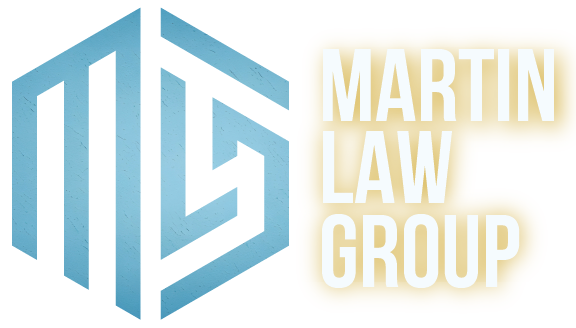In Kansas, HGN evidence is usually inadmissible in a DUI trial. HGN stands for Horizontal Gaze Nystagmus. It is the NHTSA field sobriety test an investigating officer may administer to someone to ascertain whether they are under the influence. It detects involuntary twitching of the eyes. While it has generally not been allowed as evidence in Kansas, the court can allow HGN evidence if there is an expert witness to discuss it. That of course is rarely done, due to the cost. Furthermore, HGN has been deemed highly unreliable by numerous experts. Moreover, as a DUI defense lawyer, I dislike the HGN because there is no objective way for me to independently evaluate the HGN. The in-car police video don't capture what the defendant's eyes are actually doing and the officer simply writes down his observations. Unfortunately, an officer's observations are often in conflict with what a video actually shows for other field sobriety tests.
Thankfully, HGN doesn't usually come in unless the State brings in an expert witness. Until April 17, 2014 Kansas has been using the Frye test when it comes to expert witness testimony. However, Kansas has now adopted the Daubert test. This now provides the court more discretion when contemplating expert testimony. Basically, the Daubert test analyzes whether the testimony would be helpful for the trier of fact to understand the evidence or to determine a fact in issue. Furthermore, the expert must show that his opinion is based on sufficient facts and is reliable methods. It will be interesting to see how the city prosecutors and district attorneys may attempt to utilize this new change when it comes to HGN.

